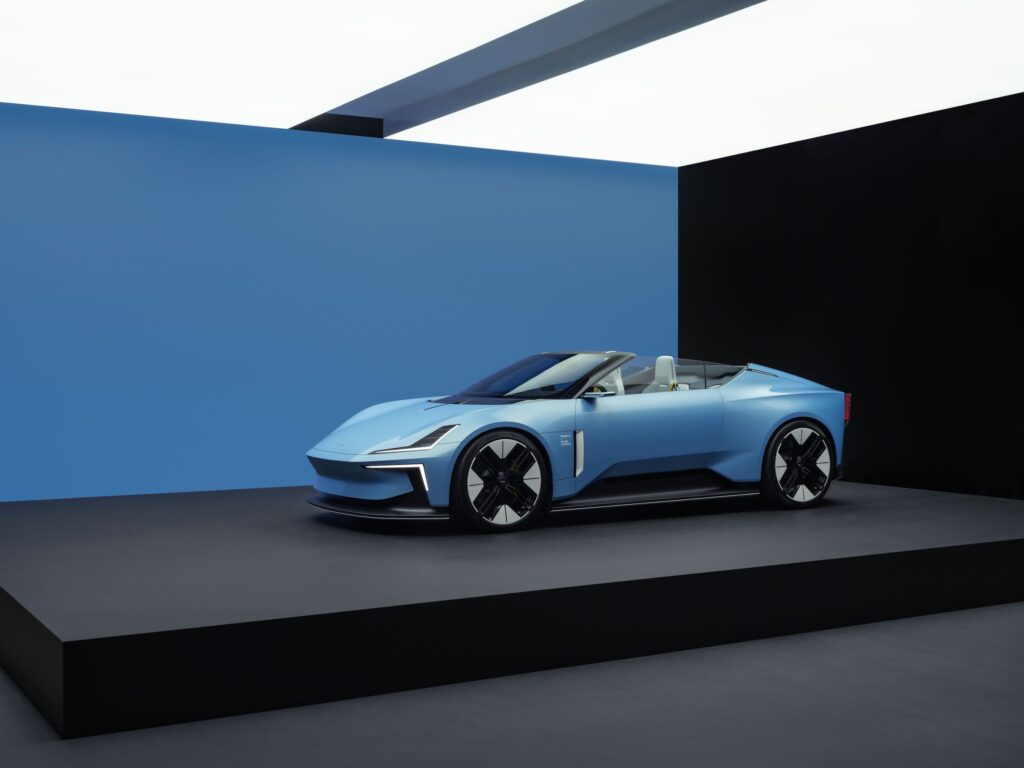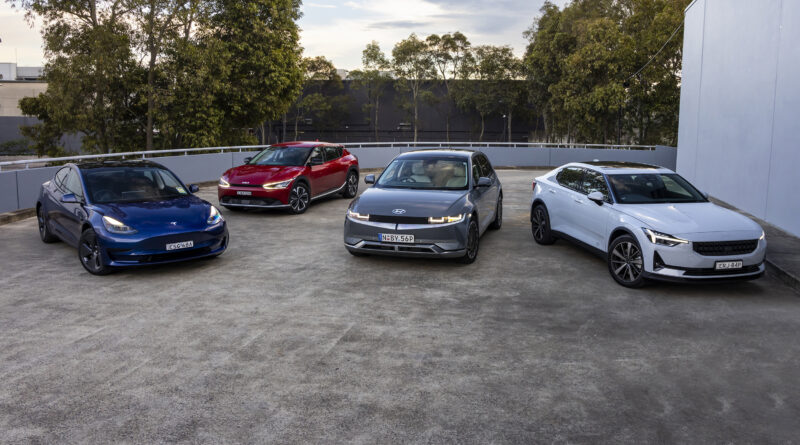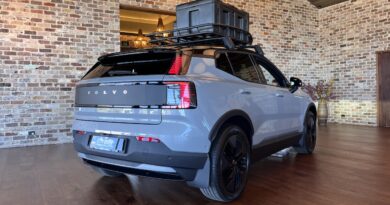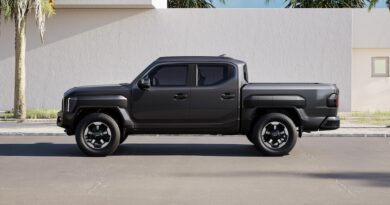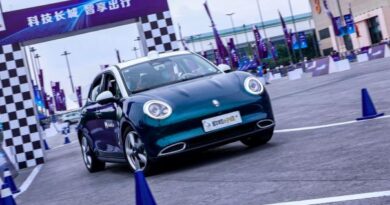A third of Aussies back 2030 ICE ban claims Polestar survey
A survey commissioned by the electric vehicle maker Polestar has found 34 per cent of Australian drivers support a ban on petrol and diesel cars by 2030.
Push that deadline out to 2035 and the figure climbs to 48 per cent.
The survey also found that 44 per cent of Australian intend to drive an EV in the next 10 years and that the lack of infrastructure remains the greatest barrier to local EV adoption.
READ MORE: Target EV: The year each car brand promises to go electric
READ MORE: ACT doubles-down on EV vision: Capital to ban the sale of ICE vehicles entirely
READ MORE: New Polestar models by 2024: EV startup confirms 3, 4, 5 with 600km+ ranges
The Polestar survey conducted online by GlobeScan covered 18,000 respondents in 19 countries who either have a driver’s license or intend to get one in the next two years.
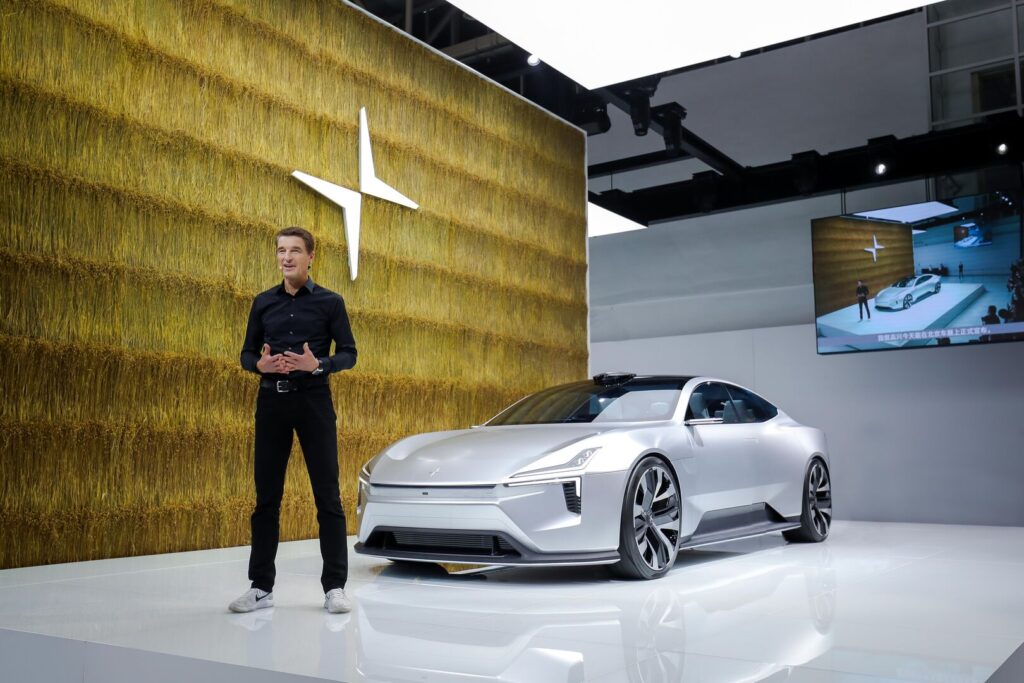
About 1000 Australians were surveyed.
The survey’s results are being thrown into the mix in Australia at a time when debate heightens about the future of internal; combustion engine son Australian roads.
The federal government, which has now legislated a target of achieving net zero emissions by 2050, is committed to a vehicle emissions reduction policy and an eventual transition to EVs.
But how quickly that happens is the crux of the debate.
A 2035 ICE ban has been both strongly pushed and resisted and it’s not hard to figure out where an all-electric brand like Polestar stands on the issue.
The government will issue a discussion paper on emissions strategy for auto industry comment and response this month.
“With the introduction of the climate change bill, Australia will have more certainty, more transparency, and a clearer path to emissions reduction,” said Head of Polestar Australia, Samantha Johnson
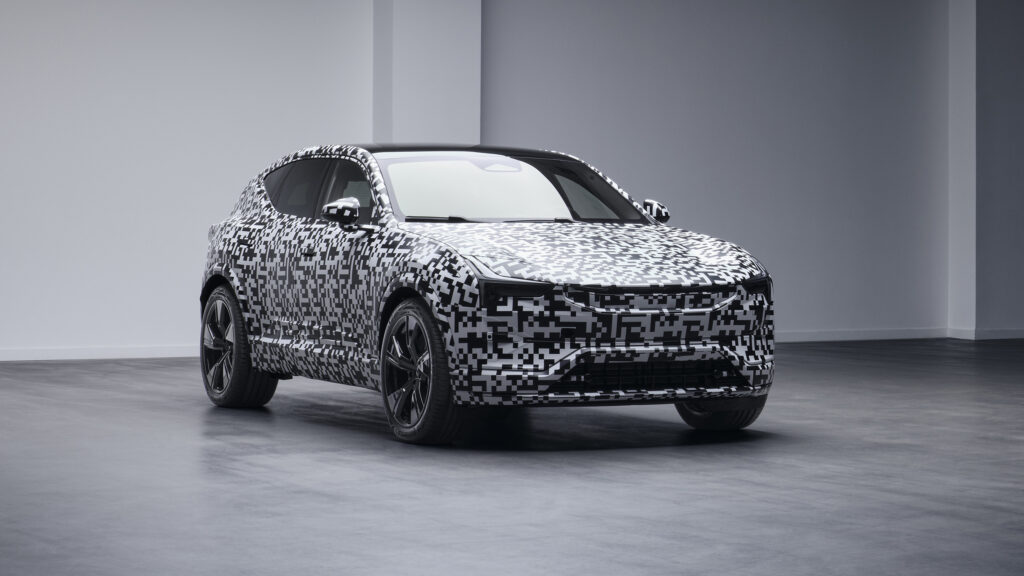
“A low emission vehicle strategy is the obvious next step, and we welcome the opportunity to help shape that strategy with the release of the government’s discussion paper later this month.”
The Australian response is in line with the global numbers the survey returned. In terms of the ranking in favour of an ICE ban in 2030 or earlier we sat ninth right in the middle of the respondent countries.
South Korea led the way with 48 per cent ahead of the UK (44) and Singapore (42). At the other end of the scale on 20 per cent of Finnish respondents favoured a 2030 ban while Norway was second last with 27 per cent.
The Norwegian result is interesting because the country has announced plans to ban the sale of petrol and diesel cars in 2025.
The Polestar survey also drops at a time when some of the biggest brands in the global auto industry are warning against an early ICE ban.
Among those recently quoted warning caution are BMW and tier one auto supplier Bosch.
The European Union recently signed up to a 2035 ICE ban. Locally the ACT government is pushing toward the same goal.
Bur Polestar global CEO Thomas Ingenlath argued 2035 was too late, which helps explain why the 2030 question was asked in its survey and why it’s the headline item its promoting.
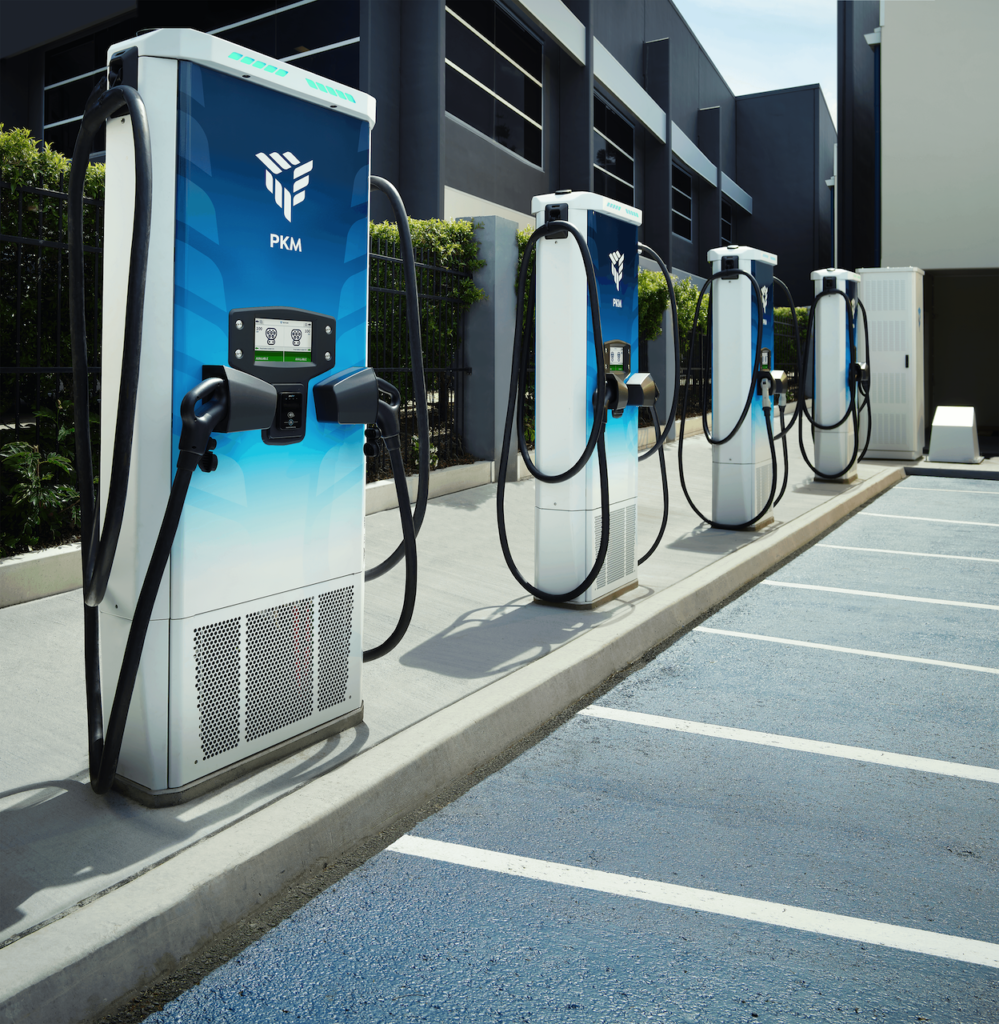
“With just 1.5 percent of the vehicles on the road being electric today, it is clear we are living in an EV bubble, not an EV boom,” he said.
“This decade is the most critical we have ever faced when it comes to not overshooting the Paris agreement [to keep global warming under 1.5 degrees C].
“We need governments to lead the charge with robust policies, both on infrastructure and addressing electricity prices so that drivers can confidently go electric, but more importantly, car makers must act now and not wait for policy changes.”
The Polestar 2 is currently the young Chinese-owned brand’s only EV, but it will roll out three new models by 2024 including the Polestar 3 SUV, Polestar 4 coupe-SUV and Polestar 5 sports sedan. The Polestar 6 sports car will be added by 2026.
